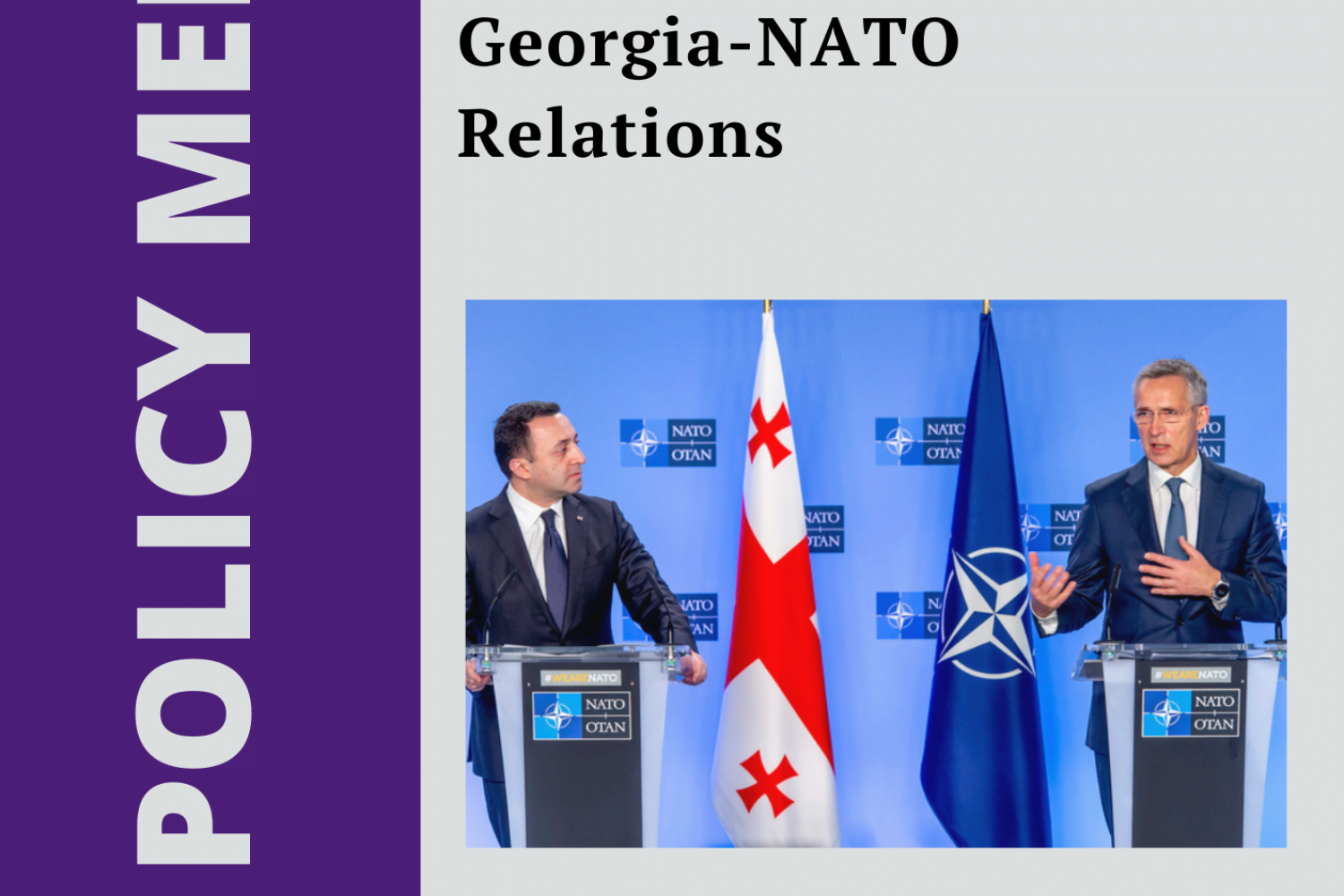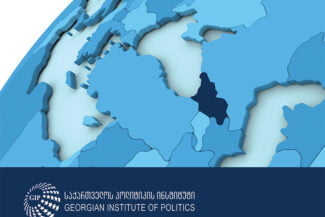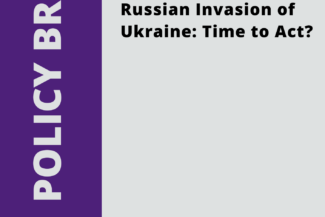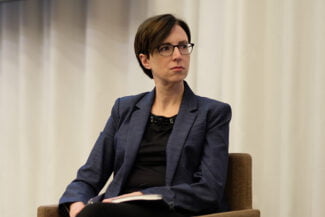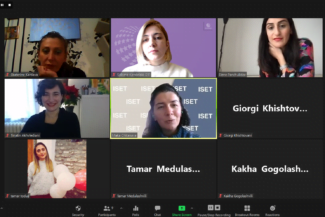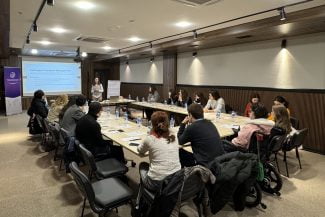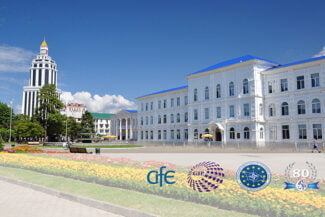04-08-2023
Author
Peter N. Jones
Georgia’s relationship with NATO has grown less secure in recent months. Once among the West’s closest partners, Tbilisi has, both in terms of rhetoric and action, scaled back its drive towards NATO integration. Meanwhile, at the 2023 Vilnius summit, NATO formally decoupled the question of Georgian membership from that of Ukraine, breaking up a diplomatic tandem that had existed since 2008. This policy memo seeks to identify the causes of this chilling in relations by analyzing influences on each side. It finds that the Georgian government operates under specific conditions that incentivize divergence from NATO. Additionally, years of stalled progress due to a lack of enthusiasm among many NATO member states has engendered a pessimistic view of the prospects for Georgian membership that could fuel Russia-aligned, propagandistic narratives and drag Tbilisi further away from the alliance.
Small states caught between great-power competition tend to build volatility into their foreign policy strategies. These pressures also apply to Georgia, though until recently the country has tended to plot an unambiguously pro-Western foreign policy course as part of a “balancing” strategy against Russia as the regional hegemonic power. More generally, however, buffer states tend to employ “strategic hedging,” which denotes “a bundle of opposite and deliberately ambiguous policies vis-à-vis competing powers to prepare a fallback position” (Efremova 113, 2019). Applied to the Georgian context, this strategy would envisage a more multi-vector foreign policy stance than Georgia has traditionally held, threading the needle between the interests of Russia, Turkey, and the West. In theory, “strategic hedging” favors long-term self-preservation despite frustrating powerful actors—like NATO and Russia —in the short term.
The shift in Georgia’s geopolitical stance from one of unambiguous pro-Western orientation to a more ambiguous stance could be characterized as Georgia shifting to a more cryptic “strategic hedging” strategy. This has manifested itself primarily in reform slowdowns and messaging tone shifts, complicating the optimal response of Western partners. Even as Georgian foreign policy spokespeople have maintained an explicitly pro-Western facade, Tbilisi’s progress on the political reforms necessary to secure NATO membership has stalled (Koridze 2023). Meanwhile, its leaders have issued inflammatory statements that seemingly contradict the state’s stated goal of integration into the alliance. A democratization and Westernization process that once promised Georgian citizens some relief from the threat of Russian aggression has taken a series of critical, and otherwise avoidable, political hits that risk perpetuating Georgia’s insecurity.
When analysts discuss Georgia’s “balancing act” between Russia and the West (Karelska 2022), they are identifying Tbilisi’s risky strategic hedging doctrine. This doctrine is, however, often characterized as reactionary, or as a form of appeasing the Kremlin. Such a characterization is misplaced; Georgia’s strategic hedging instead reflects a pre-conceived strategy to place Georgia in a purportedly ideal position when the Russia-Ukraine war ends. This said, certain exogenous and endogenous factors influence this behavior, with the effect of either pulling Georgia and NATO apart or pushing them closer together.
The results of the recent NATO summit in Vilnius raise the stakes of Georgian policy. Georgia left the summit with only a reaffirmation of NATO’s previously stated commitments, while Ukraine, long its accession partner, received a streamlined and revitalized membership promise. Ukraine’s security situation may be more fragile, but from the Georgian government’s perspective —with Russian military forces occupying Georgian territory a mere 60 kilometers northwest of Tbilisi—its near-total absence from the Vilnius agenda could catalyze a further retreat from cooperation with the West. These conditions prompt the following questions: What are the influences upon Georgia’s ambiguous foreign policy regarding NATO? And in a post-Vilnius context, what long-term implications might they pose?
Policy Memo #69 | July 2023
This publication was produced in cooperation with the Open Society Georgia Foundation. The contents of this publication are the sole responsibility of the author and can in no way be taken to reflect the views of the Open Society Georgia Foundation and the Georgian Institute of Politics.


